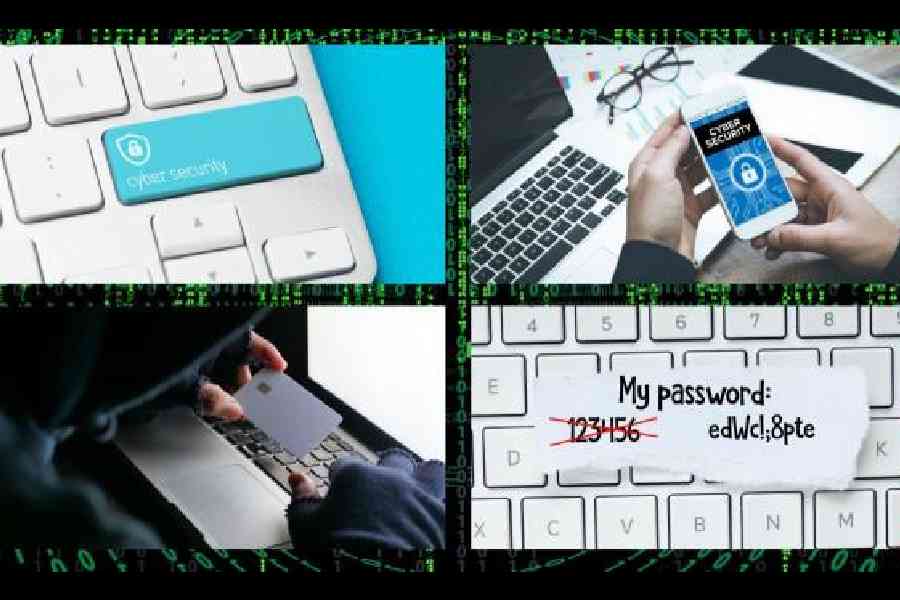Don’t tell me your Wi-Fi password is ‘ABcd1234’. Worse? That would be ‘12345’ or ‘admin’. Easily guessed passwords are getting killed in the UK as part of world-first regulation to protect against cyber attacks. The rationale behind the new measures should be emulated across the globe to make it difficult for cybercriminals to break into hardware such as phones and tablets.
Be it our phones, tablets, Wi-Fi router, smartwatches and whatnot, everything needs a password and usually we choose the easiest of them. The worst passwords of 2023, according to NordPass, were ‘123456’, ‘admin’, ‘password’, ‘123’, ‘Aa123456’… the list goes on.
The new measures to protect consumers from hacking come from UK’s department for science, innovation and technology. What does it mean? Manufacturers of phones, TVs and smart doorbells, among others, are now required to protect Internet-connected devices against access by cybercriminals and users will be prompted to change common passwords.
The Product Security and Telecommunications Infrastructure Act (PSTI) makes it mandatory for manufacturers to provide a point of contact for individuals reporting security concerns besides offering a minimum period during which security updates will be given. However long the minimum length of time, it should be clearly mentioned to customers.
The rules will apply to products that connect directly to a home network or directly to the Internet. The list includes smart TVs, streaming devices, smart speakers, games consoles, smartphones, tablets with cellular connectivity, video doorbells, home security cameras, baby monitors, smart light bulbs, plugs, fridges, ovens and wearables.
We are living in an era when a home filled with smart devices could be exposed to more than 12,000 hacking attacks from across the world in a single week, with 2,684 attempts to guess weak passwords on five devices, according to an investigation by Which?, a consumer group that promotes informed consumer choice.
The UK’s science and technology minister, Jonathan Berry, said: “As everyday life becomes increasingly dependent on connected devices, the threats generated by the Internet multiply and become even greater.”
In the US, the FCC is working on a similar plan with Cyber Trust Mark programme. The Cyber Trust Mark logo indicates which products comply with the programme’s requirements, including strong default passwords.










